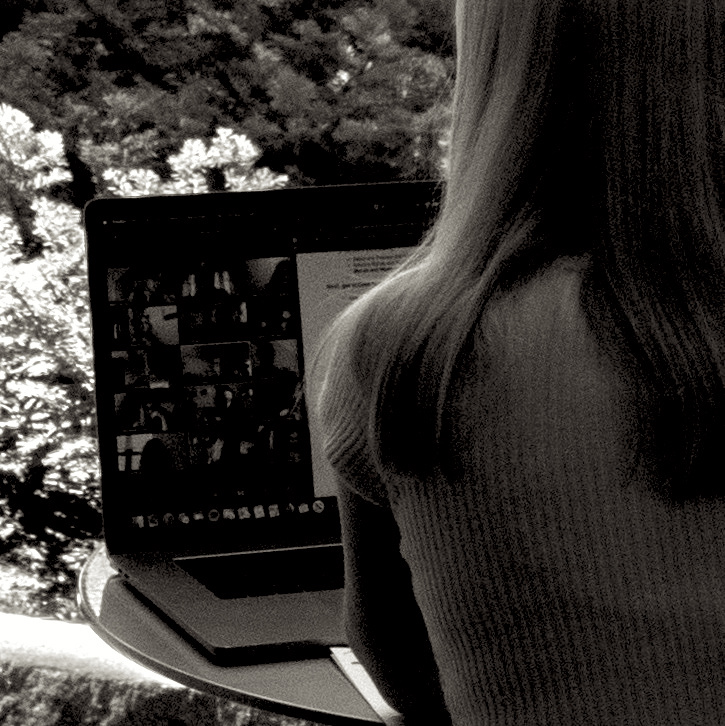Evolving Together into the Unknown

People often wonder about the modern library, curious whether Google has made libraries and their human-provided services obsolete. ChatGPT has recently amplified the question. The traditional concept of libraries–a building with lots of books, a reference librarian and a circulation desk–no longer holds up. Al Gore created the Internet (just kidding), and the world underwent a true paradigm shift (not kidding). But it’s been years since libraries were traditional.
Like everyone else, librarians and the library profession were unsettled by the Internet. Google search essentially replaced the idea of ready-reference services in libraries. At the same time, insofar as people still liked the company of books, places like Barnes and Nobles developed a library-like living room setting for book lovers. Libraries took a hard look and changed accordingly.
Highly successful businesses have essentially monetized some traditional library services and significantly enhanced others, but BC Libraries still hold their own by any measure:
| Business Service | BC Libraries Service |
| Amazon (Fulfillment) | Interlibrary loan/Document Delivery |
| Netflix (Content Creation/Curation) | Digital Repository/Academic Content/Digital Scholarship |
| Meta (Personalization) | Integrated systems with individual logins; custom services |
| Google (Search) | Primo/Federated Search/Archives Search |
| Apple (Mobile Services) | Digital content globally accessible for all devices |
| Barnes and Nobles and other book stores (Comfortable spaces) | Mixed landscape seating and study areas |

We take it further than holding our own, though. At Boston College Libraries we have taken an integrative approach to the possibilities associated with spaces, services and content. Library spaces have been developed with an understanding that libraries provide a social place as well as a wide variety of work spaces to handle every stage of research, including technologies for discovering content and then applying new ways of understanding, interpreting and representing ideas and knowledge. Onsite use of BC Libraries has tripled in the last decade, so clearly rumors of our obsolescence are greatly exaggerated.
We always respond to and endeavor to anticipate user needs. To accomplish a culture committed to student formation and academic success necessitates a highly interdependent and proactive approach to services and staff collaboration. We’ve built a staffing model–I call it the cohort model–that cuts across vertical layers in a way that encourages all of our staff to collaborate across departments and libraries in everything from ordering materials to providing research consultations and instruction, to planning outreach events, so that services and content can respond quickly to changes in needs.

Libraries are like ecosystems. They react to changing conditions, adapt to the environment and develop in responsive ways. For example, most of the content now comes in digital forms, our recruitment increasingly focuses on specialized knowledge and people that understand and appreciate our Catholic/Jesuit mission, and more than ever we depend on the soft skills of active listening, service commitment, critical thinking and collaborative problem solving. We’ve introduced new services that incorporate digital technologies to better analyze and represent knowledge and utilize our unique content in teaching and learning, as well as spaces that meet students’ diverse needs. All of these measures are aligned with student success and the formative process.
Trying to keep up with–let alone anticipate–the ways in which student expectations, technology dependence, and learning styles evolve presents a quixotic set of variables. But we continue our commitment to a growth mindset commensurate with the values and mission of Boston College. It’s a marathon, not a sprint.